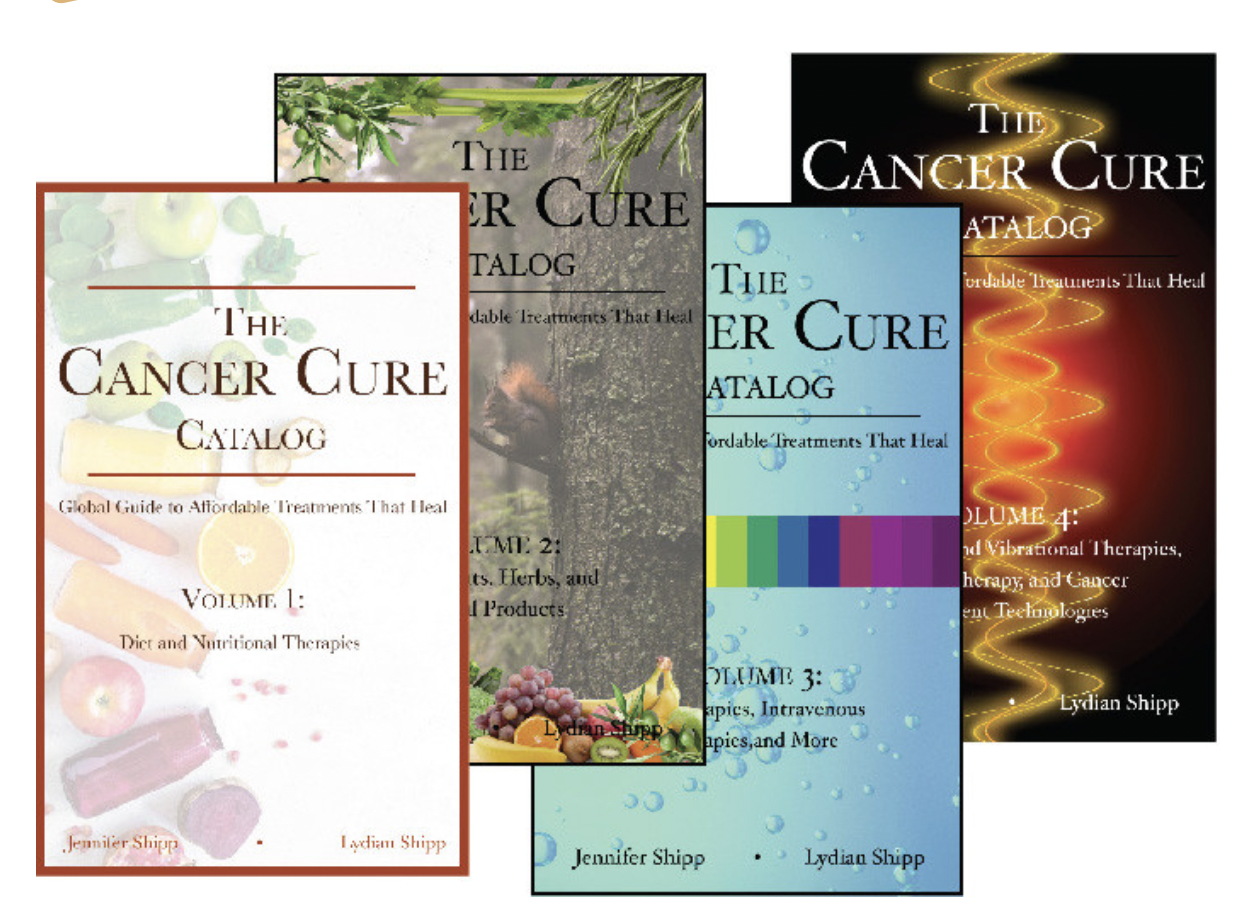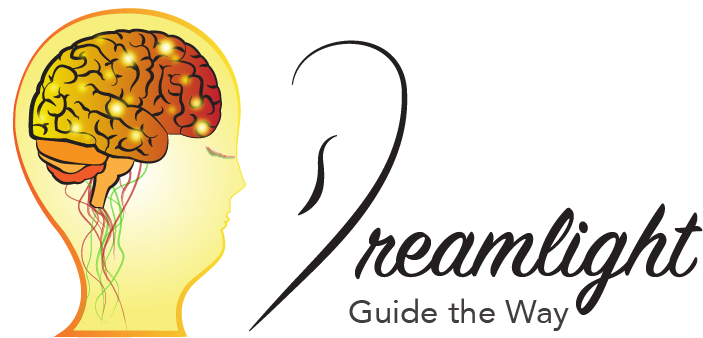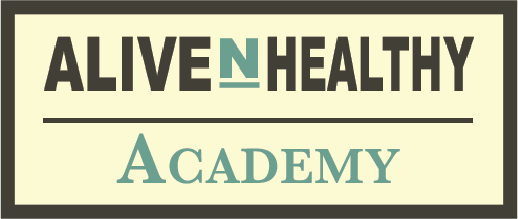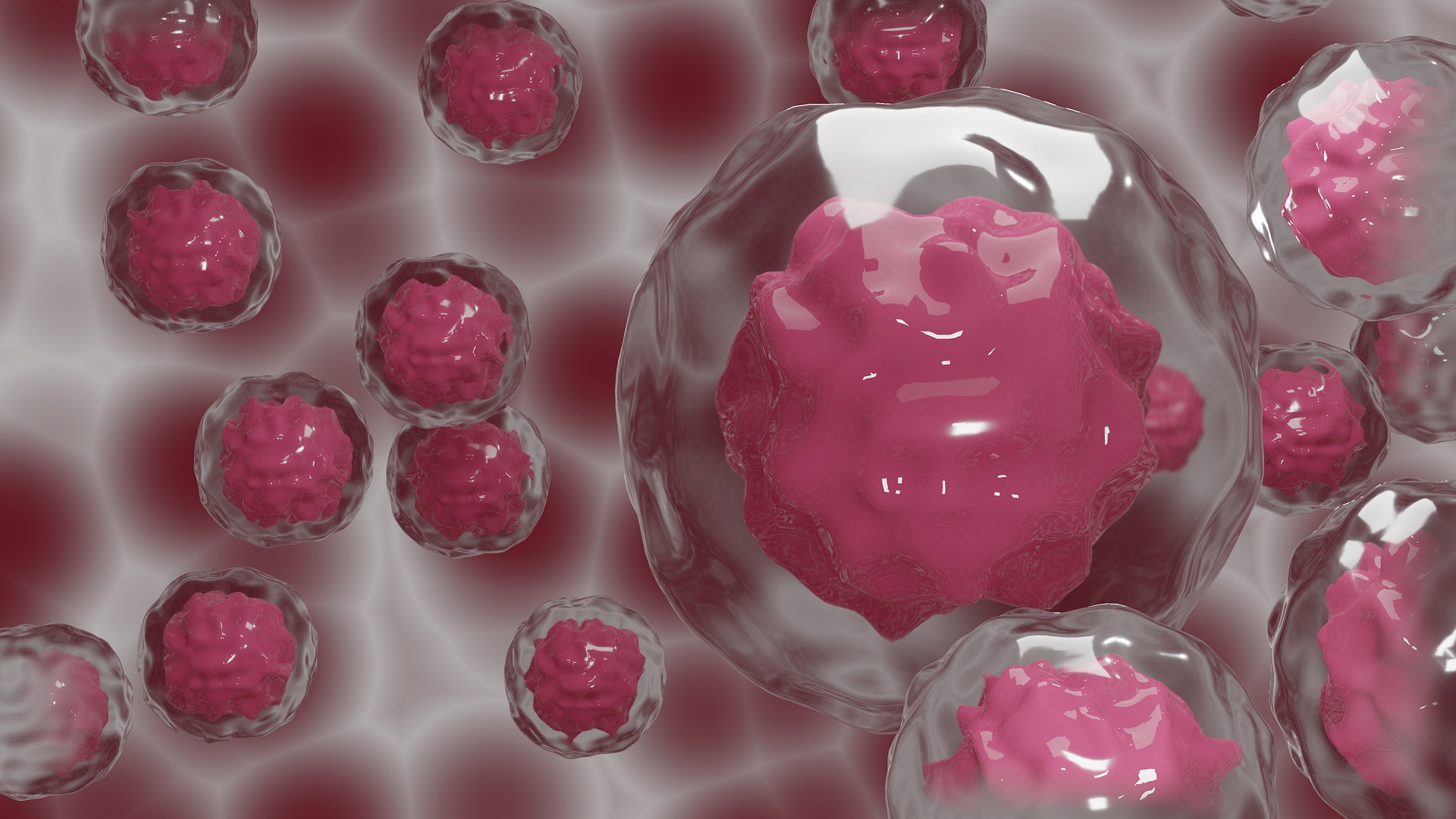Salinomycin: An FDA Approved Medicine That Cures Breast Cancer, But That Remains Hidden from the Public Eye
Salinomycin is a powerful cancer treatment. It is an antibiotic that’s been used to treat infections in poultry, but despite its demonstrated ability to cure human diseases like cancer and malaria, it is rarely used in humans because it would negate the need for conventional treatments like chemotherapy, radiation, and surgery. Sigma, one of the Big Pharma corporations, owns the patent rights to salinomycin which is why this drug is so hard to find in oncology clinics and hospitals despite its ability to cure major diseases.Salinomycin is an antibiotic that’s currently used to treat infections in poultry though it can cure two of the most serious diseases easily in humans: cancer and malaria. Salinomycin, nonetheless, is rarely used in humans because it would negate the need for conventional treatments like chemotherapy, radiation, and surgery which are extremely profitable because they make people sicker and more dependent on the healthcare system. The pharmaceutical company Sigma owns the patent rights to salinomycin which is why this drug is so hard to find despite its ability to cure major diseases.
Though salinomycin as an antibiotic cure for cancer is especially valuable for breast cancer, indeed it can be used to cure other forms of cancer too. If you can find an oncologist who is willing to administer this drug despite the scary warnings that doctors see in the Drug Handbook, you'll find that, as an intravenous therapy for cancer, salinomycin has the ability to cure this disease.
Please click here to read more about frankincense essential oil for breast cancer.
Click here to learn about how women cure breast cancer naturally using Lugol's iodine.

Click here to buy the 4 volume Cancer Cure Catalog series.
Detailed Information
Salinomycin (also known in some circles as “Sal”) is a polyether ionophore antibiotic that has been isolated from Streptomyces albus. Research has shown that it has the ability to kill Cancer Stem Cells (CSC’s) in a variety of different human cancers [1][14][20].Salinomycin was developed in the 1960’s and has been in use since for over 3 decades as an agricultural antibiotic that’s used to prevent coccidiosis in poultry. It also improves nutrient absorption in other ruminant animals and swine. As an ionophore, salinomycin can transport specific ions across cellular membranes in both directions to promote cellular healing or apoptosis. Salinomycin shows a particular affinity for potassium and a preference for alkali ions in general [2][11][20].
Click here to learn more and subscribe to the Living Database now.
Alkali Ions
The alkali ions include:- Lithium – Li
- Sodium – Na
- Potassium – K
- Rubidium – Rb
- Cesium – Cs
- Francium – Fr
Note that an entire therapeutic cancer protocol was developed by Dr. Keith Brewer around the use of Cesium to increase the pH in the body. High enough levels of Cesium causes cancer cells to die within 2 to 3 days because of the effect that alkalization has on tumors. Pain caused by cancer is relieved within 24 hours by Cesium therapy [3]. In other words, salinomycin appears to work through a mechanism of action that is fundamental as far as curing cancer is concerned--this medicine raises the internal pH of cancer cells. Cancer cells are acidic and raising the pH to an alkaline level causes the cell to either die or revert back to a healthy cell.
Many of our cancer health coaching clients have worked with the baking soda protocol as an alternative to cesium for cancer with great success. Indeed, baking soda was the first treatment that I used many years ago for my husband to cure melanoma.
Click here to read more about how to use baking soda to cure cancer.
If you can't get salinomycin as an antibiotic for cancer, you might consider working with either Cesium or baking soda and dimethyl sulfoxide (DMSO) as a treatment that works through a very similar mechanism of action (alkalizing the internal environment of a cancer cell). DMSO is an FDA-approved substance with a toxicity level similar to that of water that can combine with other medicines to easily move them across a cell membrane. DMSO is often combined with low-dose chemo for cancer at integrative cancer treatment centers.

Click here to schedule a health coaching call with us.
Salinomycin interferes with the normal movement of potassium, an alkali ion, across the cellular membrane causing potassium ions (K+) from the mitochondria and cytoplasm to leave the cell [2]. As one of the alkali ions, potassium is in the same column of the periodic table as Cesium and Rubidium as well as Lithium, all of which are vital nutrient substances that impact mood as well as the pH of the body and human cells.
Lugol’s iodine is another important at-home cure for breast cancer. This nutrient substance contains molecular iodine as well as potassium iodide. Potassium iodide plays an important role specifically in promoting reproductive organ health. The potassium is not usually the featured nutrient substance in Lugol’s iodine as iodine itself is one of the most powerful cures for breast cancer, but potassium also plays a role in successfully overcoming this and other reproductive organ cancers.
CSC’s have the ability to resist chemotherapy, radiation, and tumor-targeted drugs. They also have the ability to self-renew and initiate the development of new tumors in new areas of the body. Doctors who ascribe to the cancer stem cell model of carcinogenesis seek to eradicate all cancer stem cells in the body [1].
Breast cancer growth and metastasis in mice has been successfully curbed through the use of salinomycin [4][5]. And in research settings, salinomycin has been able to kill a variety of human cancer cells with drug and apoptosis resistance. This drug has been intensively studied for its effectiveness against various cancers [8]. By activating unconventional pathways that lead to cellular death, salinomycin has been able to combat cancer cell resistance to apoptosis. Salinomycin targets both CSC’s and apoptosis-resistant cancer cells [2].
Research has shown that salinomycin can kill cancer stem cells in the following types of cancer. It may also be effective against other types of cancer not listed below:
- Lung cancer [5][20]
- Breast cancer [4][5][20]
- Leukemia [5][8]
- Colorectal Cancer [6][13]
- Colon Carcinoma [8][13]
- Ovarian cancer [7]
- Prostate Cancer [8]
- Pancreatic Cancer [14]
- Epithelial Cancers (“carcinomas”) – breast, ovarian, lung, thyroid, adrenal, pituitary, etc. [10]
Politics
Salinomycin has been widely researched for its effectiveness against CSC’s in a variety of different types of cancers in part because doctors and scientists combine this treatment with other “conventional” chemotherapy agents [8]. In order to receive research funding for research, salinomycin has to be combined with chemo or radiation. In this context, as an adjunct therapy, salinomycin is not as big of a threat to pharmaceutical companies because the toxicity of other chemo and radiation treatments is so high that many patients cannot recover from it fully unless they really dedicate themselves to detoxifying their bodies.Salinomycin is a patented pharmaceutical which has made it more “fundable” in mainstream medicine. When a substance does not occur in nature, it can be patented and when a substance can be patented, it can be branded and marketed by pharmaceutical companies. Therefore, salinomycin was a profitable idea, at least up to a point. But curing patients is not as profitable as keeping them just a little sick according to analysts at Goldman Sachs [11]. So, shortly after the discovery of its anti-cancer properties, salinomycin was patented by scientists at Verastem under the name VS-507 [10]. As Verastem geared up to go through the Phase I FDA trials, (they planned to focus on “triple negative” breast cancer dealing with patients who have no other conventional cancer treatment options left), news stories appeared to squelch the research.
Below is a media quote about Verastem in 2012 from “The Street”:
“As I said above, Verastem won’t start dosing humans with VS-507 until next year. The company’s biological hypothesis itself—I will spare you the details—has no clinical validation whatsoever and the company’s development program lags at least eight CSC-focused competitors including Novartis, Roche, Pfizer, and privately held OncoMed Pharmaceuticals. Many of these competitors already have clinical data in hand. As a decades-old drug, salinomycin has no composition-of-matter patent; Verastem intends to file for less compelling formulation and method-of-use patents, but has not yet done so [12].

Click here to learn more about the DreamLight.app, a guided meditation and brain-entrainment tool.
Though multiple studies have examined the mechanism of action by which salinomycin is able to target CSC’s [1][9][13][14] and kill cancer reliably, the article quoted above, which ranked at the top of the page on a Google search categorically dismissed the research as pure quackery with one sentence. Such is the state of Internet-based information about important cancer treatments like salinomycin.
In addition to its potential as an effective anti-cancer drug salinomycin has also been shown as a potential drug that could cure malaria and prevent its transmission to new carriers [17]. Since malaria is one of the other biggest money-makers for pharmaceutical industry (approximately half of the world’s population is at risk for developing malaria) [18], salinomycin never stood a chance at being approved by the FDA and moving into mainstream, conventional medicine for the treatment of this disease. The political spin on salinomycin has not completely removed it from mainstream medicine and research, but it has considerably diminished its importance and its presence. Salinomycin quickly kills malaria, compared to standard drug therapies currently on the market and it does so without hurting normal, healthy red blood cells (unlike other malaria treatments that are available in conventional medicine) [17]. As such, this drug, though patentable and therefore profitable, would hurt pharmaceutical companies because it would ultimately lead patients to a cure for two very profitable world-wide diseases: cancer and malaria. And Goldman-Sachs has analysts who have decreed that cures are not profitable [11]. Today, salinomycin is quietly marketed by Sigma-Aldrich. It’s data sheets make sure to mention how conventional chemotherapy agents “kill the bulk tumor cells” and salinomycin can kill CSC’s in breast and lung tissue (without mention of salinomycin’s success as a sole treatment of cancer –not just the CSC’s- or other cancer types that have been studied). The Sigma-Aldrich Product Information sheet also fails to mention that the number of patients who survive past 5 years after doing chemotherapy treatment is only 2.3% in Australia and 2.1% in the United States [20][21][22]. Clearly, based on the statistics chemotherapy is only rarely successful at killing the bulk of tumor cells.
Click here to read about amygdalin / Vitamin B17, a nutrient that has a 70-90% cancer cure rate.
Also, click here to see the Lugol's iodine protocol. This is one of the protocols that we recommend regularly to patients who wish to cure stage 4 cancer at home. Combining the Lugol's iodine protocol with baking soda therapy is a powerful combination that can be used along with other at home treatments for terminal cancer.

Click here to do our 1 hour QUICK START VIDEO COURSE TO CURE CANCER AT HOME.
Safety and Effectiveness
Studies have demonstrated that salinomycin strongly inhibits the proliferation of cancer cells, including multi-drug resistant cancer cells as well as CSC’s. Clinical studies have shown tumor regression with only transient side effects that disappear shortly after the application of salinomycin [8]. Carboxylic ionophores such as salinomycin have been found to be safe and effective when patients are given the correct dose [15].How Salinomycin Is Administered
Salinomycin is administered intravenously, orally, or via injection by a doctor. Rats were treated for malaria with a single oral dose of salinomycin at 80 mg/kg. Within one hour, the malaria parasites were in a state of degeneration. Within 22 hours, malaria parasites had disappeared completely from blood smears.Possible Negative Effects
It is possible to overdose on salinomycin or experience and drug-drug interaction. Symptoms of overdose include:- Lack of appetite
- Diarrhea
- Shortness of breath
- Depression
- Loss of some/all control of body movement
- Fatigue
- Death
Other Important Information
Salinomycin treatment is offered in Tijuana, Mexico at the following facility:Immunity Therapy Center https://www.immunitytherapycenter.com/our-alternative-therapies/ +1-619-870-8002
Also, Dr. Rosenberg treats cancer patients, particularly chemo-resistant patients in Central and South America with salinomycin. For more information about about salinomycin IV therapy for cancer contact Angie Holder at [email protected] or (251)-943-9409.
Resources:

 Salinomycin is an FDA approved cure for breast cancer that has been available for many years. Why don't doctors use it? Because breast cancer pays big profits for Big Pharma. If Big Pharma cures breast cancer, the public will start to expect other cures for diseases and that could put Big Pharma out of business.
Salinomycin is an FDA approved cure for breast cancer that has been available for many years. Why don't doctors use it? Because breast cancer pays big profits for Big Pharma. If Big Pharma cures breast cancer, the public will start to expect other cures for diseases and that could put Big Pharma out of business.
































